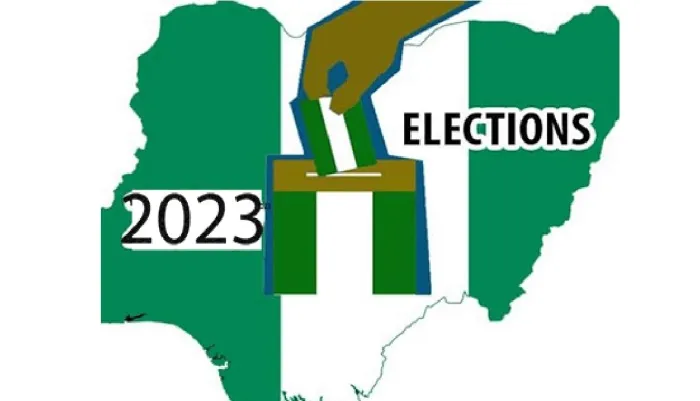Six key issues shaping gov’ship polls – CDD
The Centre for Democracy and Development (CDD) has released its analysis of the key issues that will likely shape the electoral process and outcomes when voters head to polls to elect governors in 28 states and House of Assembly members in 36 states of the federation. According to the 15-page pre-election brief, voters in 17 […]

The Centre for Democracy and Development (CDD) has released its analysis of the key issues that will likely shape the electoral process and outcomes when voters head to polls to elect governors in 28 states and House of Assembly members in 36 states of the federation.
According to the 15-page pre-election brief, voters in 17 states will elect new governors, while incumbents will be on the ballot in the remaining 11 states where the governorship election will be held.
CDD Director, Idayat Hassan, said on Thursday that the analysis stressed that the credibility of the process would be critical, but would be challenged by the threat of violence.
“CDD also warned that logistical obstacles linked to violence, cash and fuel scarcity would be issues to contend with in the course of the governorship elections,” Hassan said.
DSS arrests NNPP supporters ‘inciting violence’ in Kano
DSS is Our opponent in Kano, not APC – NNPP
In terms of the perception of the electoral umpire, CDD warned that decreased trust in the Independent National Electoral Commission (INEC) following the delays and technical issues that undermined the polls on 25 February would present challenges.
The report also listed six key themes likely to shape the governorship polls, while previewing how the political contests could shape up in 14 states.
According to the report, the six themes, which would shape the elections are identity, insecurity, institutional preparedness, intra and inter-party disputes, voter participation and the question of personalities versus parties.
“Whilst identity politics is sometimes more visible at the national level, state politics is arguably its main domain with candidate selection requiring careful consideration of one, or a combination of, ethnicity, religion and senatorial district zone depending on the state,” the report stated.
The report also noted that fractious party primaries leading to intra-party disputes and the fact that 60 percent of contests will not have a sitting governor on the ticket, will also fuel strong inter-party competition in a number of states.
Subsequently, the analysis said that the frustration expressed by Nigerians at the conduct of INEC during the 25 February elections could impact on the polls.
It said, “The timely arrival of materials, improved functionality of technology and quick action against electoral officials caught engaged in malpractice will be critical in countering suggestions that INEC is subject to the whims and caprices of some state governments.”
Consequently, CDD drew attention to the challenge, which would likely be posed by violence, and election-specific disruptions, which it said portends dangers in terms of INEC’s ability to conduct credible elections.
According to the CDD, if the challenges posed by insecurity are not mitigated, there could be a likelihood of inconclusive results and the need for supplementary elections.
It said, “Rivers, Lagos, Kano, Kaduna and Sokoto are key states to watch but there will also be closely contested races in Cross River, Delta, Enugu and Zamfara, whilst Adamawa could see the election of Nigeria’s first female governor.
“The southeast geo-political zone represents the best chance for the Labour Party to build on the gains made during the 25 February polls.
“Our analysis enables us to make some predictions on how the elections will unfold. Closely contested races will likely increase election-related violence.
“INEC staff will be targets of intimidation and co-option from politically aligned actors; with efforts to manipulate voting processes most likely to target voter suppression in strongholds of political opponents through ballot box snatching and the destruction of election materials.”
The CDD also projected that based on the most recent off-cycle governorship elections in Ekiti and Osun states, turnout for the March 18 governorship polls could be higher than the 27 percent recorded for the general elections.
It, however, noted that there could be significant variation between states and geopolitical zones with the competitiveness of the race and insecurity risks being defining factors.
The CDD similarly called for caution to be exercised in reading too much into presidential performance in a state when seeking to ascertain the credibility of the governorship outcome.
It said, “Our analysis of the National Assembly results shows important variation in who voters cast ballots for across the three races. This is especially key as misinformation and disinformation that amplifies divisive identity rhetoric at the state level will continue to be a feature of the electoral environment.”
